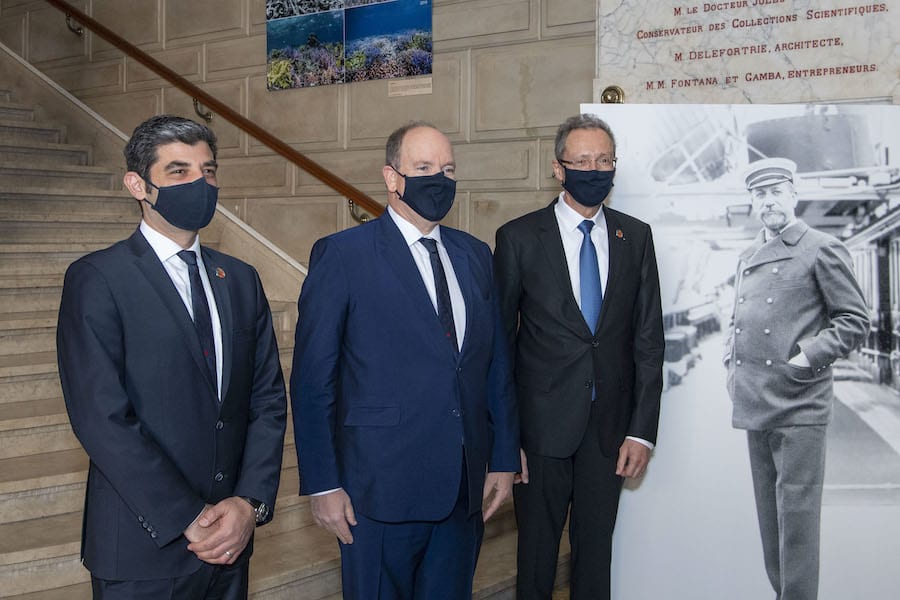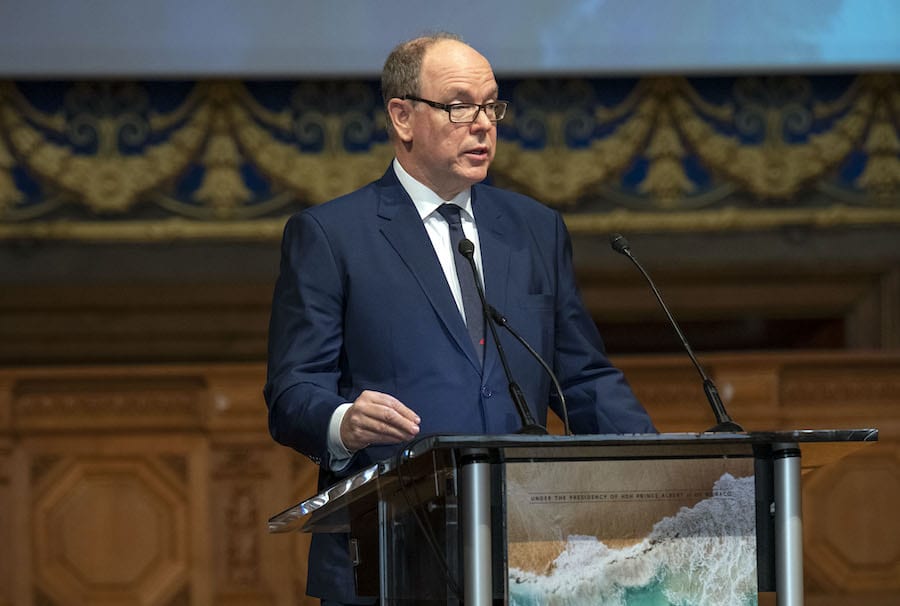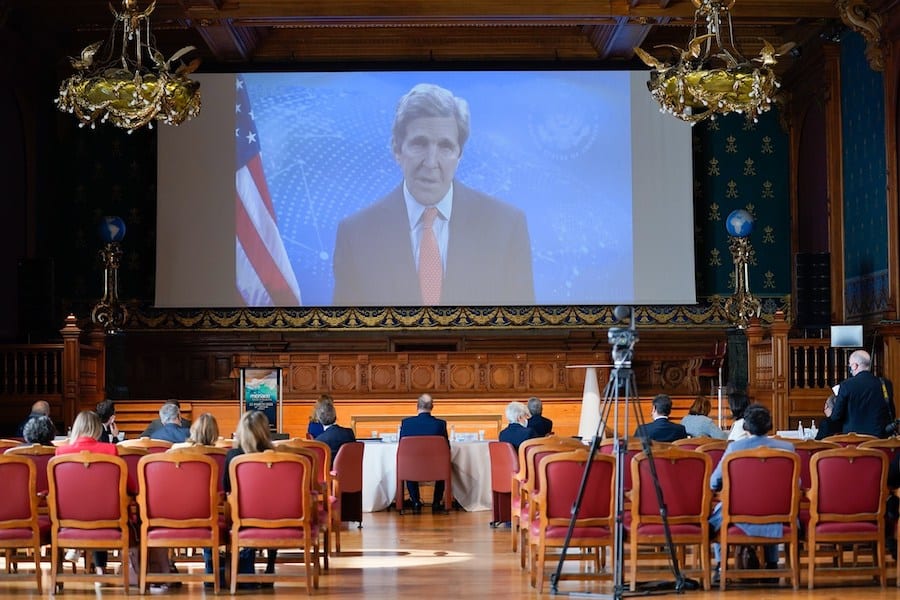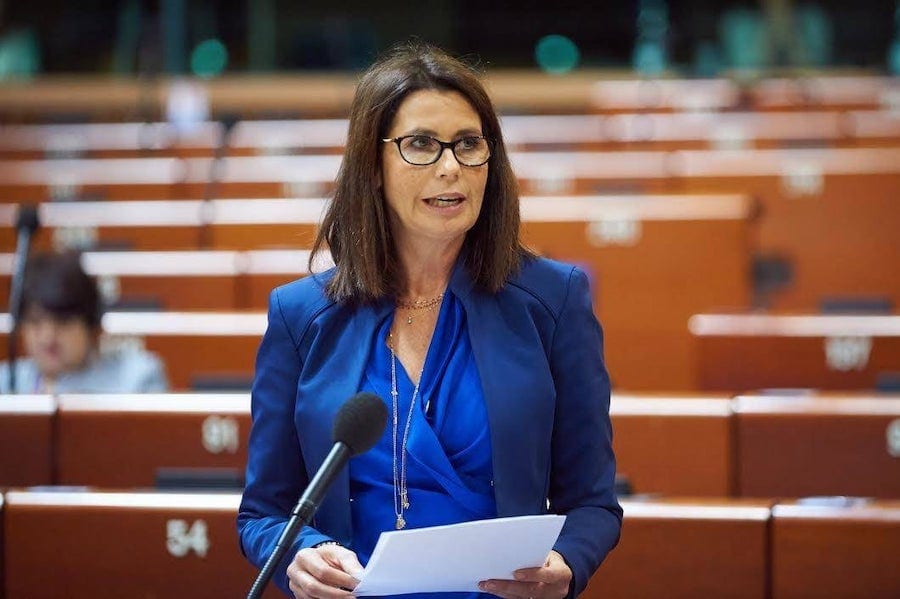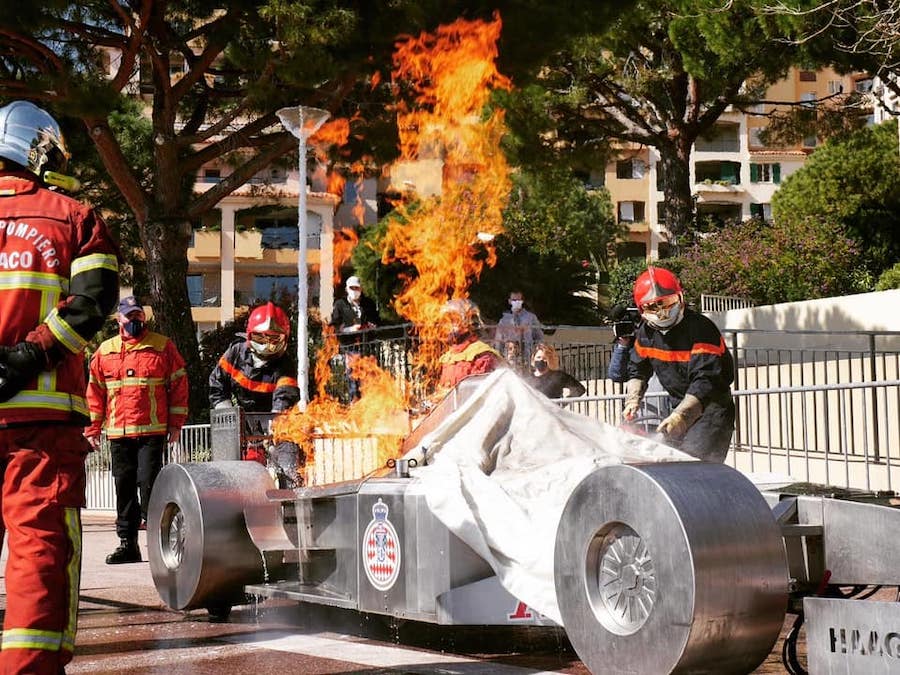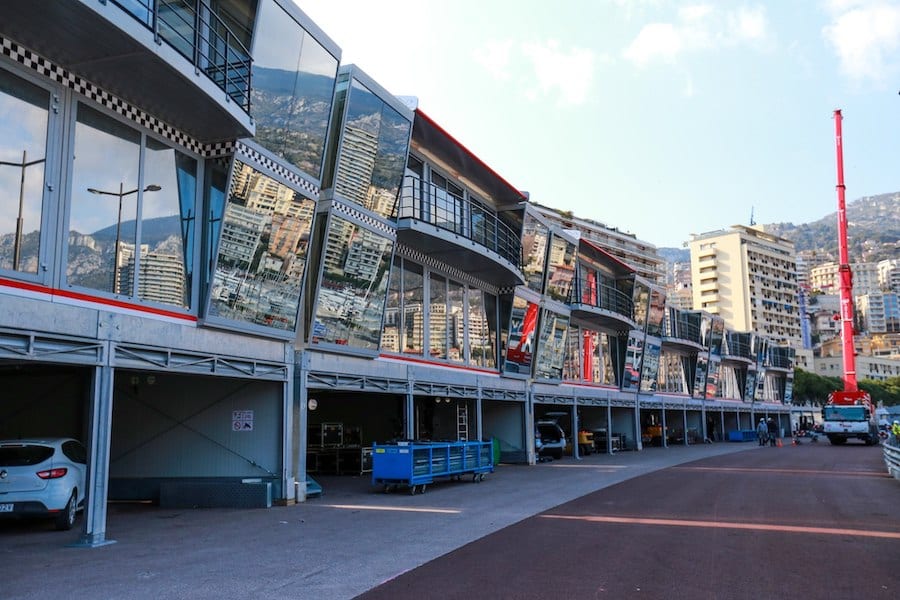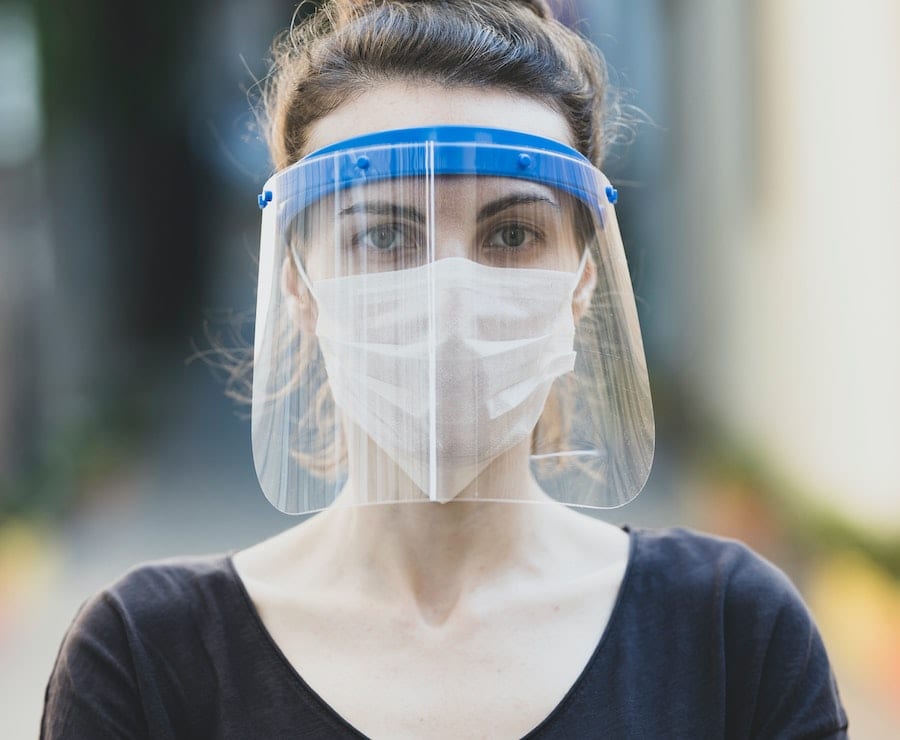Throughout the course of one week, Prince Albert and his Foundation are showing their commitment to preserving the oceans by uniting the people who are making a difference.
When Monaco Ocean Week was launched in 2017, it hit the ground running. Opening with the Monaco Blue Initiative, now in its 12th year, the event brings together marine experts who share key research findings, forge partnerships, and move towards action to preserve the ocean.
After three successful editions, Monaco Ocean Week 2020 was called off at the last hour due to a country-wide lockdown that was applied just days earlier. It was a devastating blow to an event where important ocean initiatives are presented and key commitments are sealed.
The event was to be a pre-cursor to the United Nations Climate Change Conference, or COP26, later that year in Glasgow. But in the end, that event was also postponed due to the pandemic.
According to Olivier Wenden, Vice-President of the Prince Albert II of Monaco Foundation, postponing the Monaco Ocean Week again in 2021 because of the pandemic was never on the cards.
“The objective that led to the preparation of Monaco Ocean Week was to avoid, by all means, a blank page in 2021 for the ocean,” Olivier Wenden explains to Monaco Life. “That was the key factor. The threats to the ocean continue despite the pandemic, and there was a strong urge and need to organise a week of meetings and debate on a multi-dimensional level. It is an opportunity for companies, NGOs, scientists and decision makers to go back to the table and assess existing and future challenges, and to determine what can be done together.”
Thanks to advances in digital communication, the Foundation has been able to organise a hybrid Monaco Ocean Week, mixing in-person meetings and virtual teleconferences to create a full and impactful agenda in a responsible and safe environment. It also has other benefits.
“We can have more high-level guests attend because it saves travel time and it is more coherent with our goals in greenhouse gas emissions,” says Mr Wenden. “The 12th edition of the Monaco Blue Initiative, launched by HSH Prince Albert on Monday, brought together in one day, around one ‘table’, scientists, private and public sector, NGOs and decision makers, on very hot topics linked with the ocean. There are many super high-level panellists this year, so despite the incapacity of people to travel, the will to communicate, the will to interact was incredibly strong and it was quite easy to have their participation.”
Aside from Prince Albert, the most high-profile speaker this year is John Kerry, United States Special Presidential Envoy for Climate, who delivered the keynote address during the Monaco Blue Initiative on Monday.
“We cannot protect the ocean without confronting the climate crisis,” Mr Kerry said in his speech. “Greenhouse gas pollution is already having a devastating effect on the ocean, which is quite literally dying from climate impacts like global warming and acidification. And it pains me to say, but we are heading towards an even more catastrophic future because, right now, we are heading towards a more than 3°C warming across the planet. Make no mistake, no one is getting the job done on what we set out to do in Paris, and in order to protect the ocean and the planet, it is absolutely essential now, we know, to hold the warming of the earth to 1.5°C.”
John Kerry added that to fight the climate crisis, we must harness the power of the ocean, saying, “It is the source of sustainable solutions and, frankly, we are not in a position to leave any climate solution on the table.”
In addition to providing a platform for influential speakers such as John Kerry, the Prince Albert Foundation, through Monaco Ocean Week, mobilises the Principality’s key institutions for the event: the government, the Scientific Centre of Monaco (CSM), the Oceanographic Institute, the Monaco Yacht Club, even Barclays Private Bank, entities that, on the local level, are also helping to advance Monaco’s efforts to preserve the ocean.
For example, HRH Princess Caroline of Hanover chaired a steering committee meeting on Tuesday on the Biology of Precious Corals research by Monaco’s CSM and Chanel, which aims to develop research programs to better understand the life of Mediterranean red coral, often used in jewellery, and help protect the species.
Investing in a Blue Economy was the topic of a session organised by Barclays Private Bank and Impact Agora, showcasing how private investors can engage with emerging technologies, business models, and investment products to deploy capital for the ocean economy.
And on Friday, the Monaco Yacht Club will host a presentation by German sailor Boris Herrmann who, representing the Principality of Monaco, competed in the solo non-stop round the world race the Véndee Globe, collecting data on CO2 emissions throughout his epic 80-day adventure.
Herrmann’s experiences with the state of the ocean will be shared with everyone, either digitally or in person, and it is just one of the topics that is designed to pique the interest of the general population.
Students from across the world were invited to send in questions about the ‘Discovering the sounds under the ocean’ project by the Villefranche-Culture Ocean Institute of the Sea on Tuesday, and running throughout the week is a virtual museum exhibition featuring sustainable fashion by Indian born fashion environmentalist Runa Ray.
In all, more than 40 individual events are being held throughout Monaco Ocean Week, all of which make the connection between human life on earth and the state of our oceans.
On Wednesday, the International Union for Conservation of Nature (IUCN) will present its latest report ‘The Mediterranean: Mare Plasticum’, showing the severity of plastic pollution in the Mediterranean. Then, the 2020 winners of the BeMed competition will present the solutions they are implementing to combat this scourge.
“This ‘one health, one planet’ approach is very wholistic and multidimensional. It helps to reorganise the way we as a foundation introduce to the public the ocean and humanity,” says Mr Wenden. “We can only hope that an aftermath of Covid is that people truly understand that their personal health, the health of their children and their relatives, is totally dependent on the health of animals and the health of their environment.”
To get involved in Monaco Ocean Week, visit https://www.monacooceanweek.org/en/program/
Feature photo of Olivier Wenden standing next to Prince Albert at the Oceanographic Museum and Robert Calcagno, General Director of the Oceanographic Museum of Monaco by Michel Dagnino – Oceanographic Institute
Making waves at Monaco Ocean Week
